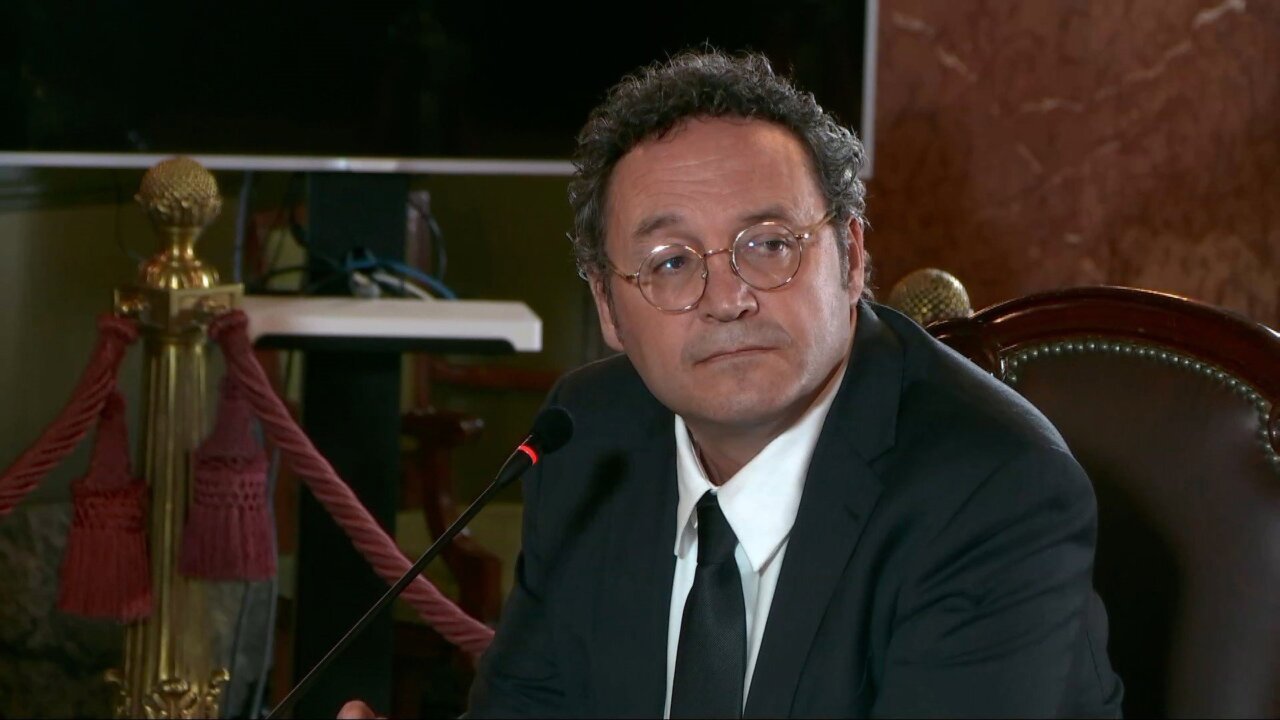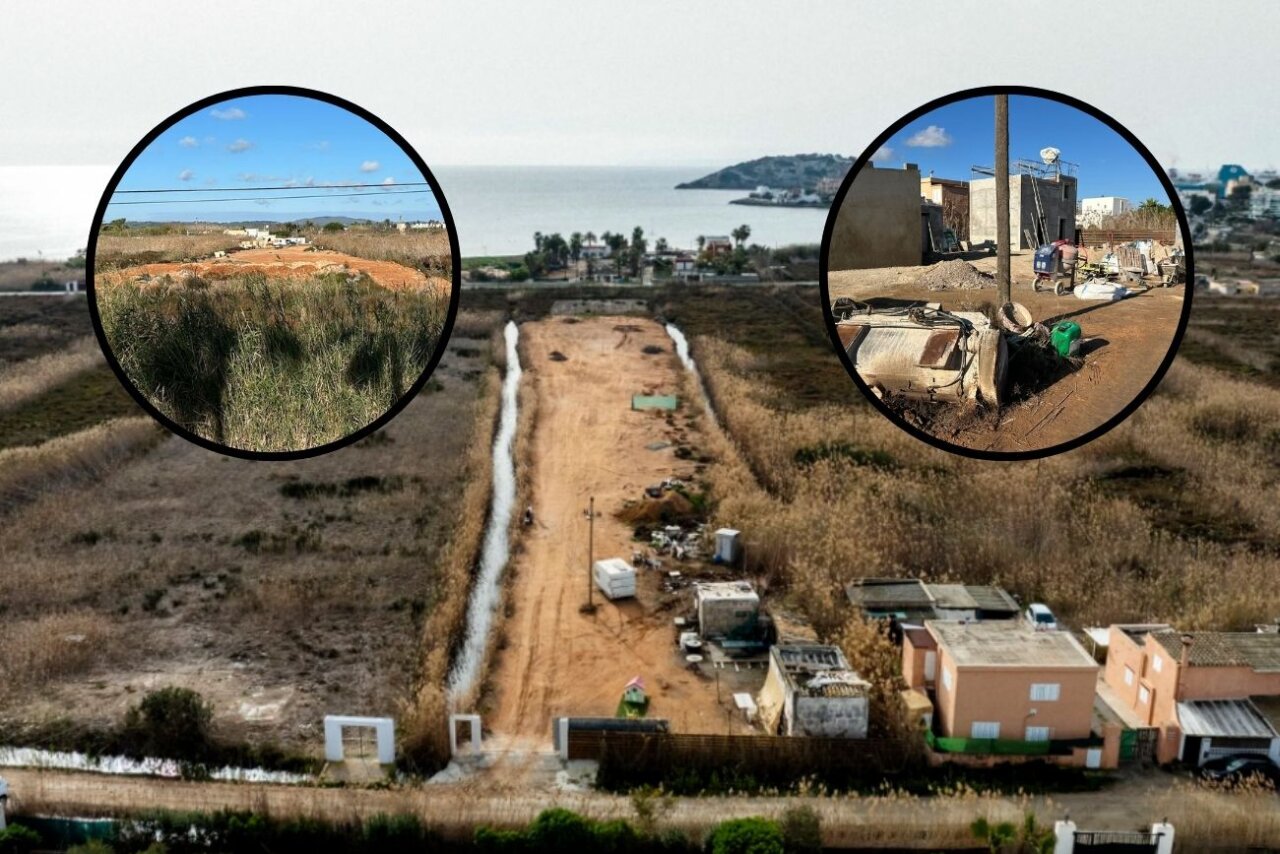In an unprecedented event in Spanish judicial history, the state attorney general, Álvaro García Ortiz, was sentenced on Thursday to two years of disqualification after being held responsible for disseminating confidential data related to a tax investigation.
The Criminal Chamber of the Supreme Court concluded that García Ortiz violated the confidentiality of information by making public details of a proceeding involving Alberto González Amador, partner of the Madrid president Isabel Díaz Ayuso, investigated for alleged tax offenses.
What are the other sanctions that Álvaro García Ortiz must comply with?

In addition to the disqualification, the sentence establishes that García Ortiz must pay a fine of 20 euros per day for one year, assume the legal costs and pay 10,000 euros in compensation to the affected party. The Attorney General still has the possibility to appeal the ruling.
According to the court, the conviction was supported by five of the seven magistrates, who argue that García Ortiz authorized the dissemination of an e-mail sent by González Amador’s lawyer. In that exchange, the defense proposed an agreement with the Prosecutor’s Office to recognize the tax crimes charged and thus avoid a process that could turn into a public scandal.
What happened and what the judicial process was like
The episode occurred after Miguel Ángel Rodríguez, Ayuso’s chief of staff, distributed to several media a distorted version of the facts: he claimed that it had been the Prosecutor’s Office who had promoted a pact with González Amador. Some newspapers, including El Mundo, spread this interpretation.
In view of the circulation of this information, García Ortiz requested access to the original e-mails in order to prepare an official statement to refute the version spread by Ayuso’s entourage. That decision ended up triggering the judicial process that today leaves him at the gates of a possible dismissal.







